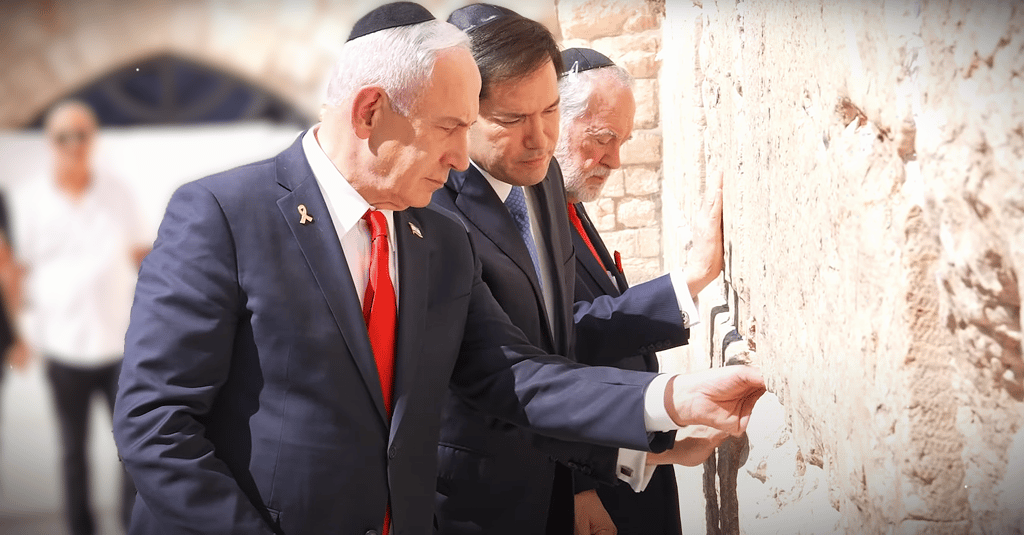Global Flashpoints on 15 September 2025: Security Shocks, Humanitarian Crisis, and Economic Crossroads
Worldwide tensions on 15 Sept 2025: Gulf airstrike, Gaza crisis, NATO drone breach, China–US chip clash, and key central-bank decisions.
Raja Awais Ali
9/15/20252 min read


Global Flashpoints on 15 September 2025: Security Shocks, Humanitarian Crisis, and Economic Crossroads
The international landscape on 15 September 2025 underscores how politics, security, and economics are tightly intertwined. In the Gulf, a sudden airstrike in Doha shattered assumptions of regional stability and cast doubt on ongoing ceasefire talks. Far more than a military maneuver, the attack is viewed as a calculated blow to diplomacy, forcing Gulf leaders to reassess their alliances and security strategies. Within hours, an emergency Arab-Islamic summit convened in Qatar to debate coordinated responses, from trade recalibrations to collective defense measures, signaling that the region’s geopolitical posture is shifting.
Meanwhile, the humanitarian situation in Gaza remains dire. Fresh air raids have killed civilians and destroyed critical infrastructure, leaving thousands displaced without reliable electricity or clean water. Relief efforts face severe logistical hurdles, and global aid agencies are pressing for immediate action to prevent further loss of life. The crisis highlights once again how civilians bear the brunt when diplomacy collapses and underscores the urgency of sustained humanitarian corridors.
Security concerns also intensified in Europe. Romania reported an unauthorized drone incursion across its airspace, adding to a series of similar incidents that have unsettled NATO members in recent months. The event reinforces fears that Eastern Europe could become the next flashpoint if miscalculation leads to escalation. Regional defense planners are now weighing stronger deterrence measures to prevent further breaches.
On the economic front, China has opened anti-dumping investigations into U.S. semiconductor imports, a move that rattled global technology markets. This step comes precisely as Washington and Beijing resume delicate trade negotiations, threatening to complicate talks and unsettle supply chains. Investors worry that escalating trade friction will reverberate through chip production, pricing, and long-term innovation.
Global financial markets are also bracing for pivotal central-bank announcements this week. The U.S. Federal Reserve, Bank of England, and Bank of Japan are all set to reveal interest-rate decisions that could influence currencies, equities, and commodities worldwide. Traders are split on whether modest rate cuts will support slowing growth or if inflation concerns will force a more cautious stance.
Taken together, these developments reveal a world under multi-layered pressure. Conventional military strategies are no longer sufficient to define national power; economic leverage and diplomatic agility are equally crucial. States unable to balance these three pillars—security, economy, and diplomacy—risk deeper instability in the months ahead. For the international community, the lesson is clear: statements alone will not avert crises. Concrete, coordinated action is essential to protect civilians, stabilize markets, and steer diplomacy back on track.
As events continue to unfold, governments and global institutions must move beyond reactive measures and commit to sustained engagement. Only through combined political resolve and economic foresight can the shadow of conflict and uncertainty be lifted from an increasingly interdependent world.
Stay informed with the latest national and international news.
© 2025. All rights reserved.